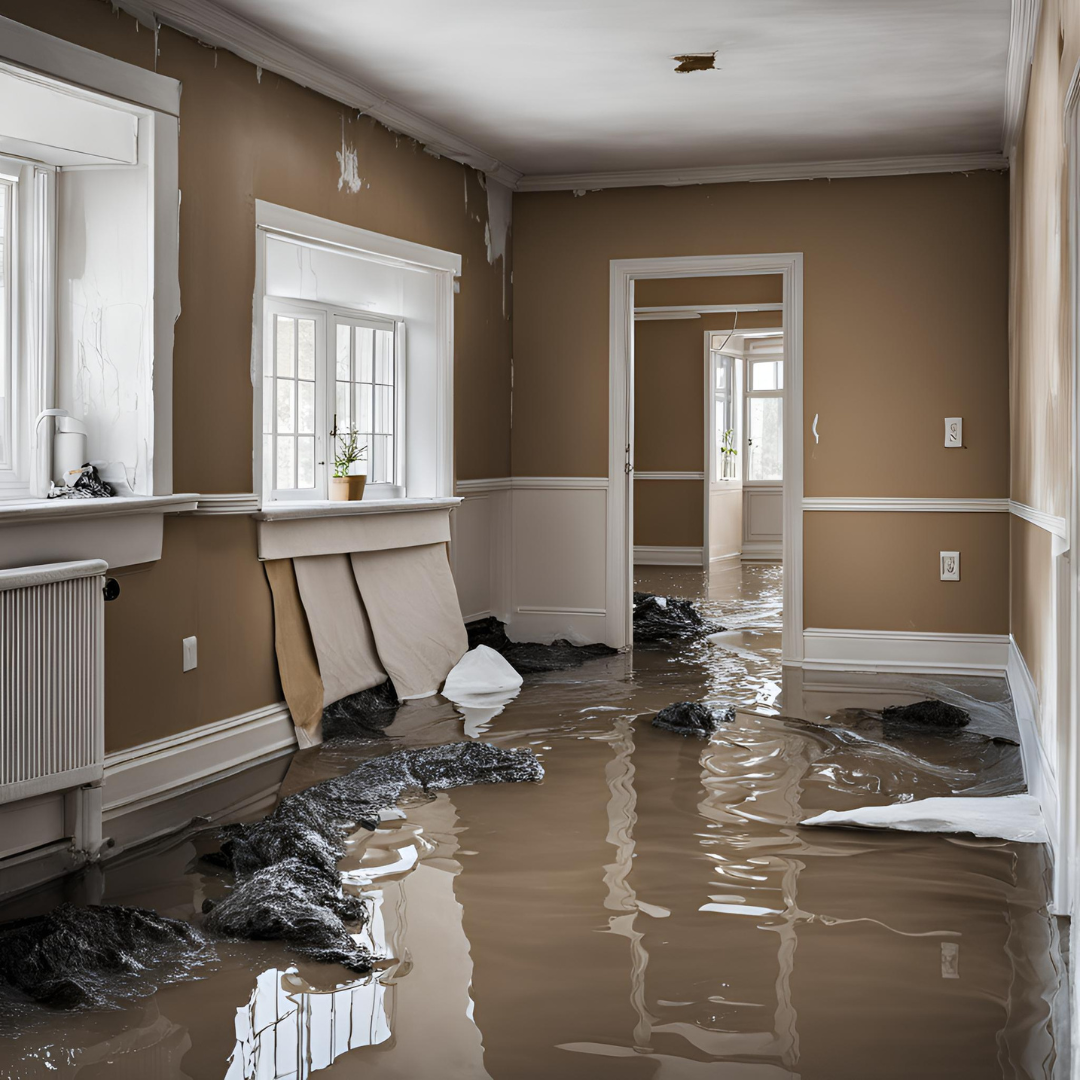
Farm Insurance ● Aug 12, 2025
Safe & Sound Insurance Blog
Home Insurance ● Jan 9, 2024
Owning a vacant house comes with its own set of challenges and responsibilities. Many homeowners are unaware of the importance of securing proper insurance for their vacant properties, whether it's for an extended period or just a short winter getaway. In this blog, we'll explore why having the right insurance is crucial and why communication with your insurance broker is key to ensuring coverage in various scenarios.
Vacant houses are more susceptible to a range of risks, including vandalism, theft, fire, and weather-related damage. The first question we need to ask ourselves is "What makes my house vacant?" While the definition of a vacant home varies slightly from one insurance company to another the generally accepted definition is "where the dwelling is not occupied and, regardless of the presence of furnishings all occupants have moved out with no intention of returning and no new occupant has taken up residence."
Without the constant presence of occupants, these properties become attractive targets for trespassers and can fall victim to unforeseen disasters. Recognizing these risks is the first step toward understanding the need for specialized insurance coverage.
Many homeowners may not be aware that leaving their house vacant for an extended period could void their existing insurance coverage. Standard homeowners' insurance policies typically include clauses that limit or exclude coverage for vacant properties after a certain period, often 30 consecutive days.
It's crucial to communicate with your insurance broker about the vacancy to explore options for coverage adjustments. Some insurers offer specific vacant home insurance policies designed to address the unique risks associated with unoccupied properties. Failing to inform your broker may result in denied claims and financial losses.
Even if you plan to be away for just a short time during the winter, regular check-ins on your vacant property are essential. Winter weather, in particular, can pose significant risks such as frozen pipes, ice damming, and heating system malfunctions. A burst pipe left undetected for a few days can lead to extensive water damage and costly repairs.
By arranging a competent person to inspect your vacant property periodically, you can identify and address potential issues before they escalate. This not only helps in maintaining the property's condition but also ensures that any insurance coverage remains valid during your absence.
Vacant house insurance policies typically cover a range of risks specific to unoccupied properties through a specialty market (not the standard SGI CANADA, Wawanesa, Sandbox or Red River). These may include vandalism, theft, fire, and liability protection. Depending on the insurer, coverage options can be tailored to meet the unique needs of your vacant property.
Some policies may also offer additional features such as coverage for renovation work, which can be crucial if you plan on making improvements to the property while it is vacant.
Conclusion:
Proper insurance for vacant houses is not just a formality; it's a crucial aspect of responsible homeownership. Whether your property will be vacant for an extended period or just a short winter hiatus, understanding the risks and communicating with your insurance broker are key steps in ensuring adequate coverage. Regular check-ins on your vacant property, especially during winter, further contribute to safeguarding your investment and mitigating potential damages. By taking these proactive measures, you can enjoy peace of mind and protect your property from the unexpected.
Recent Posts

Farm Insurance ● Aug 12, 2025


Home Insurance, Seasonal Home Insurance ● Jan 23, 2025